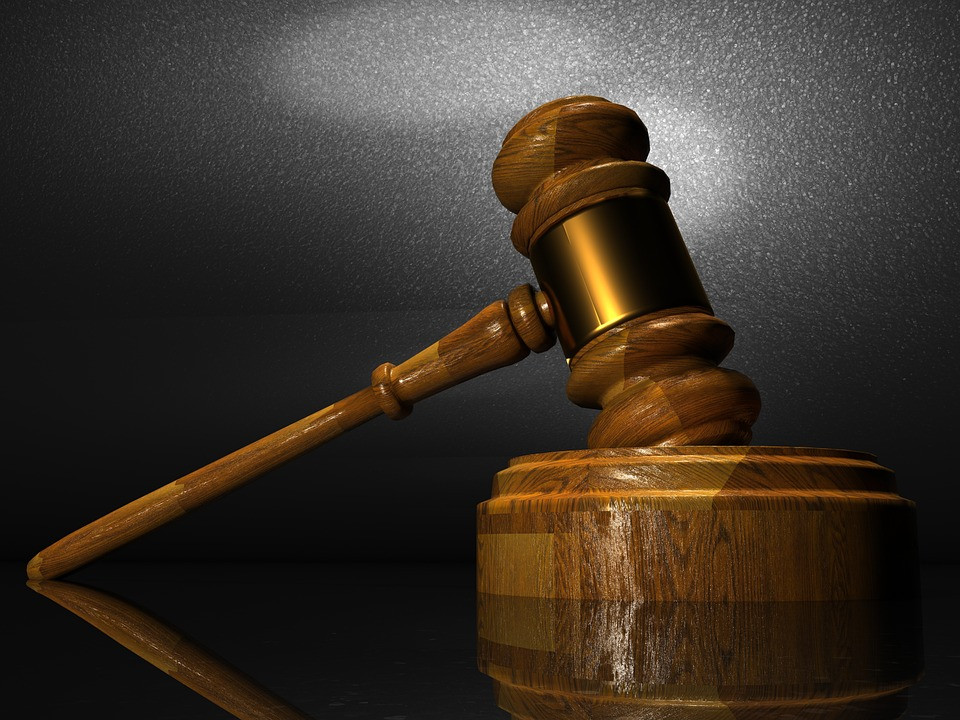Q: In our case, we have a good lawyer. He has said to us, more than once, “I am a plaintiff’s lawyer. The defense lawyer has a different mentality, and is just doing what he is trained to do.” We are wondering, just what is a plaintiff’s lawyer?
A.B., Compton
A: The plaintiff is the party who brings the lawsuit. This typically means the plaintiff is the one making a claim, and seeking a remedy of some kind (often monetary damages). So, you could say a plaintiff’s attorney is the lawyer who is representing the pursuer or the accuser, and the defendant’s attorney is the lawyer seeking to shield or protect the other party (the defendant).
I am often on the plaintiff’s side of the aisle, more so than otherwise. My mind set, and how I think out the case, the strategy, the timing, decisions on who to name, what claims to make, what discovery to seek, all are impacted by virtue of what I have come to learn and experience over the years on the plaintiff’s behalf. It is indeed notably different from the defense lawyer, because I am trying to recover something, or obtain an order requiring certain conduct, or, bottom line, “seek justice” for a victim. The defense lawyer is trying to impede, if not block and defeat, my efforts.
Being a plaintiff’s lawyer can manifest in your tone of voice, even your outfit, as well as who you have on your team, what advice you provide the client(s), and how you go about pursuing the matter. Bottom line, the plaintiff’s lawyer is seeking a recovery and is on the offense, whereas the defense lawyer is focused on shutting down the plaintiff’s assertions and reach. Different objectives, different game plans, in many respects.
Q: I am the victim of an assault. The other party is falsely claiming I instigated the incident. There is a witness, thank goodness, but she is a good friend so perhaps her testimony will be met with some question of bias. How best for me to conduct myself on the witness stand?
R.Y., Redondo…
Read the full article here







